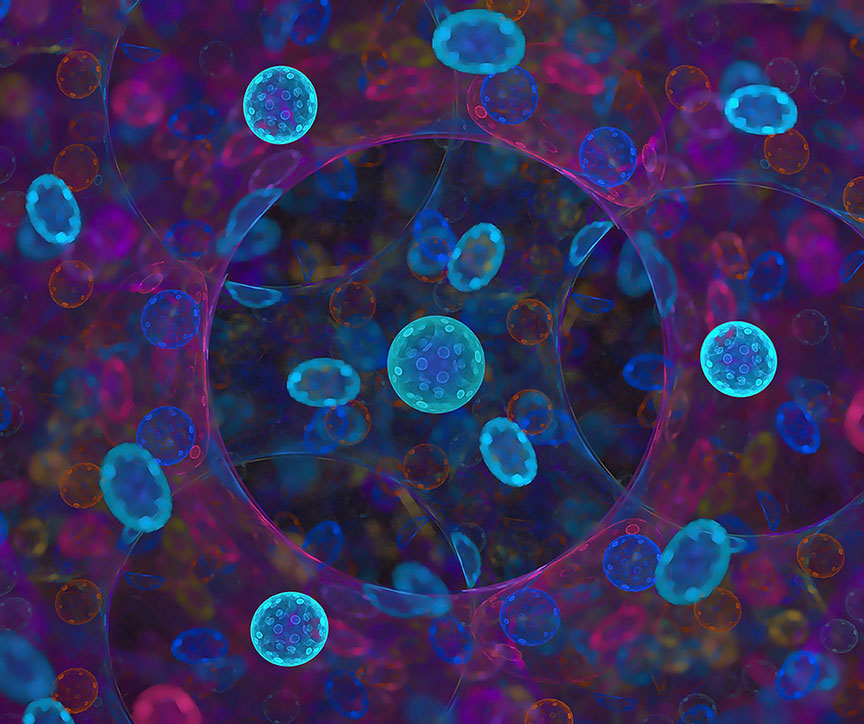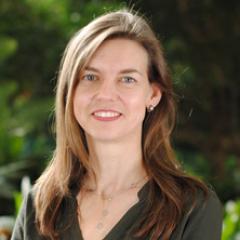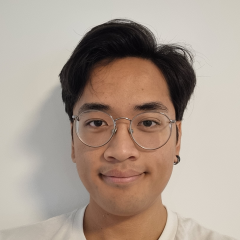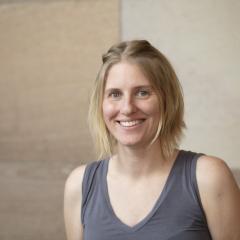Developing a next generation single-cell transcriptomic tool
 Full Project Title
Full Project Title
The development of a computational analyses pipeline for single cell, spatial transcriptomics of complex tissue pathologies
Project Summary
Spatially integrated multi-omics analyses of complex tissues are transforming how we understand health and disease. With emerging technologies that allow spatial transcriptomic analyses at true single cell resolution, it is pertinent that we develop adequate analytical tools to maximise the interpretable biology from these cutting-edge spatial platforms. Current analysis algorithms are severely limited in their ability to delineate single cells with high nucleus/cytoplasm ratio as well as in tissues with high cellular density. This limits our ability to fully capitalise on spatial “omics” approaches as it can make it impossible to analyse data arising from dense tissues, complex pathologies, or disrupted tissue architecture. To overcome this analytical bottle neck, this project aims to leverage recently obtained (true) single-cell spatial transcriptomics data sets to develop a computational tool kit that reliably identifies and segregates individual cells in dense tissues, and assigns transcriptome signatures at single cell resolution.
Potential Outcomes
Outcomes of this project will include a new, free to access computational tool for maximising the output and utility of the next generation of spatial “omics” platforms. This newly-developed bioinformatics pipeline for single cell, spatial transcriptome analyses will address major shortcomings of current best-practice analyses, (i) the “blind spot” of cells with high nucleus/cytoplasm ratio, (ii) tissues with high cellular density, and (iii) loss of three-dimensionality of cells and tissue microenvironments.
By addressing some of the major limitations of current analysis approaches, this new tool has the potential to set a new standard of how spatial, single cell transcriptome data are analysed. The new bioinformatics tool will be made freely-available, to enable wide uptake of this “UQ-made" tool kit across the university and the international research community.





